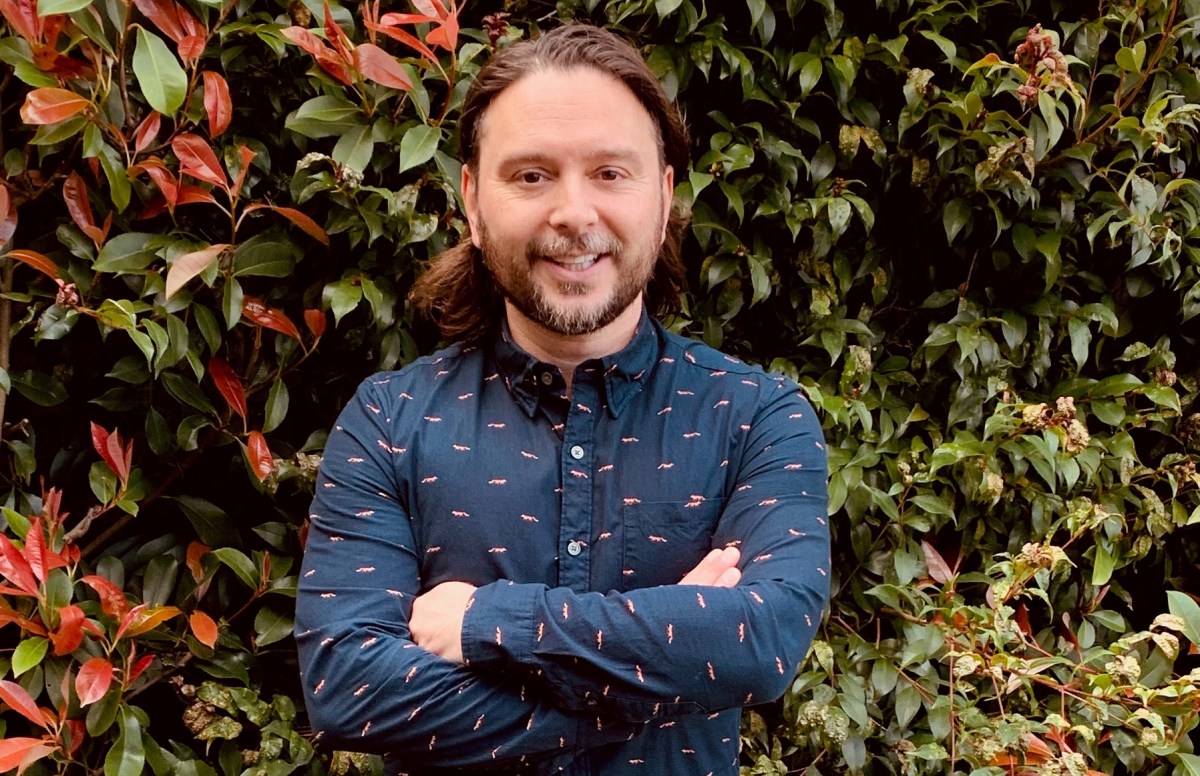Sustainability leader, ecostore has recently achieved B Corporation Certification for its Australasian operations, reflecting its commitment to providing environmentally friendly products.
ecostore sells products in the home care, body care, oral care, and baby and kids categories that can be purchased direct online or found in major retailers including Big W, Chemist Warehouse, Coles and Woolworths, among others.
ecostore Australia general manager, Steve Messina has explained the company’s three key sustainability priorities.
- To reduce its carbon footprint and increase the use of renewables and offsets
The ecostore manufacturing site has been Carbonzero certified since 2010, and in 2019 this was expanded to cover all other New Zealand and Australian locations where the business operates.
“We offset greenhouse gas emissions from all of our associated Scope 1 (direct) and Scope 2 (indirect) emission sources as well as the emissions from the transport of our goods to all delivery channels in New Zealand and up to the point of distribution abroad,” Messina says.
“Our emissions are offset through a portfolio of international projects which either reduce or avoid the production of emissions, while also supporting sustainable development. The current portfolio includes Gyapa cook stoves in Ghana, and solar and wind projects in India.”
2. To empower the local circular economy
The average Australian uses 130kg of plastic each year and less than 12% of that is recycled, according to the World Wide Fund for Nature (WWF).
“This is a crisis which requires us to move toward a circular economy and that’s why we are eliminating plastic where we can by launching innovations, such as our plastic-free hair care bars, and trialing reuse solutions like our refill stations,” Messina explains.
“When there are no plastic-free solutions, we are using the best plastic we possibly can. For example, a mix of recycled and sugar plastic.”
3. To work towards targets of 100% reusable or recyclable packaging by 2025
ecostore wants 100% of its bottles to be made from renewable or recycled content by 2025 and move from single use to reuse by selling more bulk packs via refill stations over the next five years.
“We have signed up to A Line in the Sand, the New Zealand plastic Packaging Declaration and the ANZPAC Plastic Pact. We believe it’s important to make such a public commitment as it serves as a means of holding ourselves to account in helping make a difference. The crisis that we’re facing as a society is so significant, that we also hope that our commitment will inspire others to follow,” Messina says.

